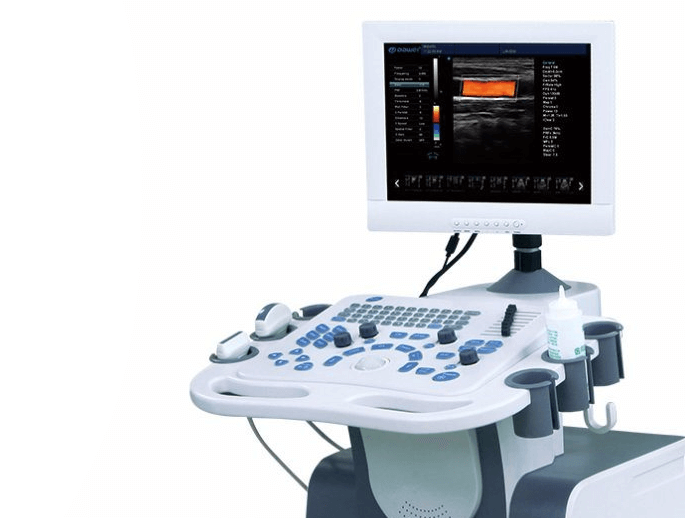Ultrasound
What is an ultrasound scan?
An ultrasound is a medical imaging technique that uses high-frequency sound waves to create images of the inside of the body. It is non-invasive and does not use ionizing radiation. Ultrasound images are used to diagnose and monitor a wide range of conditions, including pregnancy, abdominal and pelvic disorders, musculoskeletal problems, and some types of cancer. The device used to perform an ultrasound is called an ultrasound machine or sonographer.
-
Soft tissue
-
Neck and Thyroid gland
-
KUB (kidneys, ureters and bladder)
-
Gynaecological (female pelvis)
Ultrasound during pregnancy
At crucial points in your pregnancy, an ultrasound scan, also known as a sonogram, is used to check on your unborn child's health.
Find out more
"Ultrasound is the window to the human body, allowing us to see what's happening inside without the need for invasive procedures."
Benefits of a Ultrasound Scan:
-
Non-invasive: Ultrasound scans are non-invasive, meaning they don't require any incisions or injections. This makes them a safe and painless option for patients of all ages.
-
Real-time imaging: Ultrasound scans produce real-time images, which allows healthcare professionals to see internal organs and structures as they function in real-time. This can be especially useful in identifying problems that may not be visible on other imaging tests.
-
Versatility: Ultrasound scans can be used to image a wide range of internal organs and structures, including the heart, liver, kidneys, and reproductive organs. They are also commonly used to image fetuses during pregnancy.
-
Cost-effective: Ultrasound scans are relatively inexpensive and do not require the use of ionizing radiation, unlike X-ray and CT scans.


